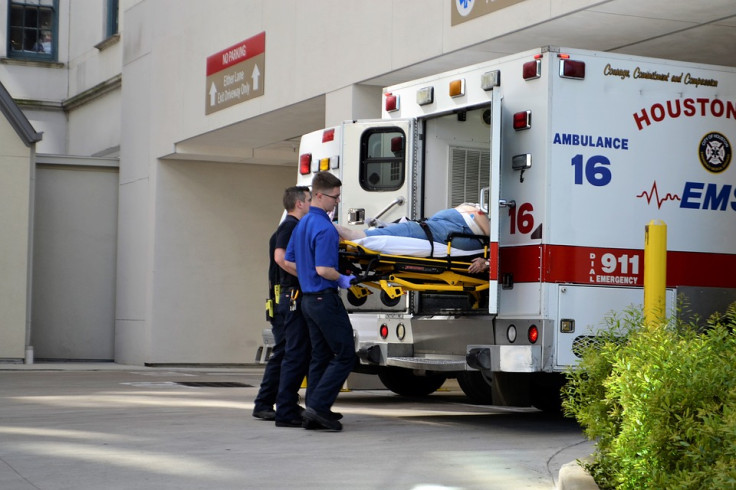Why men are more likely to receive CPR from bystanders than women
There is a reluctance to help when it comes to women who need CPR as people are worried that they might end up being accused of sexual assault.
Being a woman has its advantages, but a recent survey showed that this might prove a bane when it comes to receiving CPR during an emergency in public. Women are less likely to receive help through CPR as compared to men.
A new research, which has not yet been peer-reviewed but presented at the American Heart Association's virtual Resuscitation Science Symposium, showed that between a man and a woman in public who would need CPR, men are more likely to receive help from a stranger compared to women.
Researchers stated that there is a reluctance when it comes to women who would need CPR as people are worried that they might end up being accused of sexual assault. In other cases, they might even get accused of inflicting physical harm.
Insights came from a survey of 520 men and women who were asked to rank the possible reasons that would hinder somebody from providing bystander CPR to a female, based on the gender of the person administering CPR. The survey was built upon prior findings derived by the same research team, wherein respondents described in their own words why somebody would be hesitant in providing lifesaving measures to a stranger.
The recent survey was compiled and analysed by researchers. The respondents, regardless of gender, revealed that the biggest reason why male rescuers would hesitate to help or give CPR to a female is the possibility of being accused of sexual assault. Another fear, similar to sexual assault, is being accused of inappropriate touching. For a female rescuer, the fear of providing lifesaving care stems from the thought that she might be doing more harm than good.
Shelby Shelton, a professional research assistant at the Department of Emergency Medicine at the University of Colorado, said that they are hoping the results of the survey could help in eliminating biases that people may have when it comes to such scenarios.
The AHA statistics also showed that more than 350,000 cardiac arrests happen each year, occurring outside hospitals. While many of these cases occur at home, 19 percent of adult cases occur in public. Administering CPR to the patient in such an instance could double or triple the patient's chance of survival, especially when CPR is given immediately.
Dr Sarah Perman, senior author of the study, and associate professor of emergency medicine at the University of Colorado School of Medicine, expressed surprise at the results of their study, which showed how men and women share similar perceptions when it comes to deterrent factors that affect how a man or a woman would respond in emergency situations in public, especially where CPR is needed.
© Copyright IBTimes 2025. All rights reserved.






















